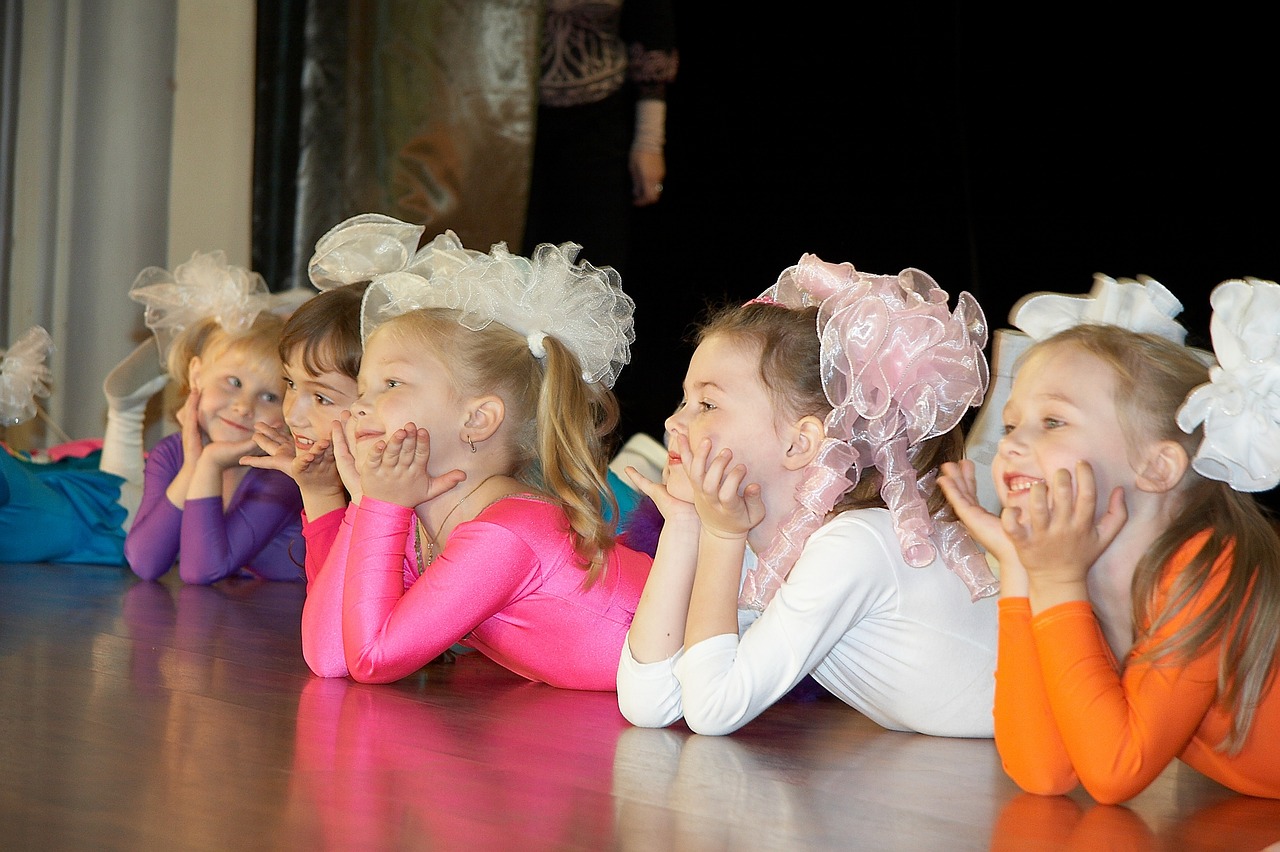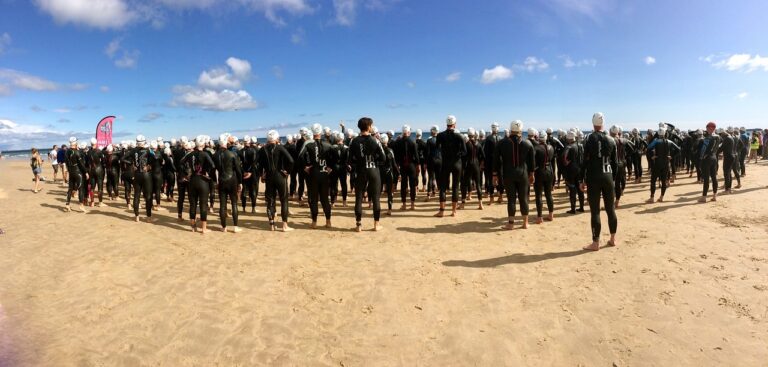Exploring the role of mindfulness-based therapy in Cricket surgery rehabilitation.: Betbhai9 sign up, Radhe exchange, My laser247
betbhai9 sign up, radhe exchange, my laser247: Cricket is a sport that requires a significant amount of physical exertion and skill. Players often push their bodies to the limit, which can sometimes result in injuries that require surgery for proper rehabilitation. One innovative approach to surgery rehabilitation that has been gaining popularity in recent years is mindfulness-based therapy.
Mindfulness-based therapy involves techniques that help individuals focus on the present moment, allowing them to cultivate a sense of awareness and acceptance of their thoughts, emotions, and physical sensations. This form of therapy has been shown to be effective in reducing stress, anxiety, and depression, as well as improving overall well-being and quality of life.
When it comes to surgery rehabilitation in cricket, mindfulness-based therapy can play a crucial role in helping players recover both physically and mentally. Here are some ways in which mindfulness-based therapy can benefit cricketers undergoing surgery rehabilitation:
1. Pain Management: Mindfulness techniques can help individuals manage pain by teaching them to focus on the sensations in their bodies without judgment. This can help reduce the perception of pain and improve pain tolerance during the rehabilitation process.
2. Stress Reduction: Surgery rehabilitation can be a long and challenging process, leading to increased levels of stress and anxiety. Mindfulness-based therapy can help players cope with these emotions, allowing them to stay grounded and focused on their recovery.
3. Faster Recovery: Studies have shown that mindfulness-based therapy can enhance the body’s natural healing processes, leading to faster recovery times post-surgery. By promoting relaxation and reducing inflammation, mindfulness techniques can aid in the rehabilitation process.
4. Improved Focus and Concentration: Cricket requires a high level of focus and concentration, both on the field and during rehabilitation. Mindfulness practices can help players sharpen their mental abilities, enhancing their performance and speeding up their return to the game.
5. Enhanced Mind-Body Connection: Mindfulness-based therapy can help cricketers develop a stronger mind-body connection, allowing them to listen to their bodies and respond to their needs during rehabilitation. This can prevent further injuries and improve overall physical wellness.
6. Emotional Resilience: Surgery rehabilitation can take a toll on a player’s mental health, leading to feelings of frustration, disappointment, and fear. Mindfulness techniques can help individuals build emotional resilience, allowing them to navigate these challenges with greater ease.
Overall, mindfulness-based therapy has the potential to revolutionize the way cricketers approach surgery rehabilitation. By incorporating mindfulness practices into their recovery process, players can not only heal their bodies but also strengthen their minds, leading to a more holistic and successful rehabilitation experience.
FAQs:
1. How can I incorporate mindfulness into my surgery rehabilitation routine?
You can start by incorporating simple mindfulness practices such as deep breathing exercises, body scans, and mindful walking into your daily routine. Find a quiet space where you can focus on your breath and bodily sensations, allowing yourself to be fully present in the moment.
2. Is mindfulness-based therapy suitable for all types of injuries?
Mindfulness-based therapy can be beneficial for a wide range of injuries, but it is essential to consult with a healthcare professional before starting any new therapy or rehabilitation program. They can help determine if mindfulness practices are appropriate for your specific injury and recovery needs.
3. How often should I practice mindfulness during surgery rehabilitation?
The frequency of mindfulness practice may vary depending on your individual needs and preferences. It is recommended to start with short sessions of 5-10 minutes and gradually increase the duration as you become more comfortable with the practice. Aim to incorporate mindfulness into your daily routine to experience the full benefits of this therapy.







